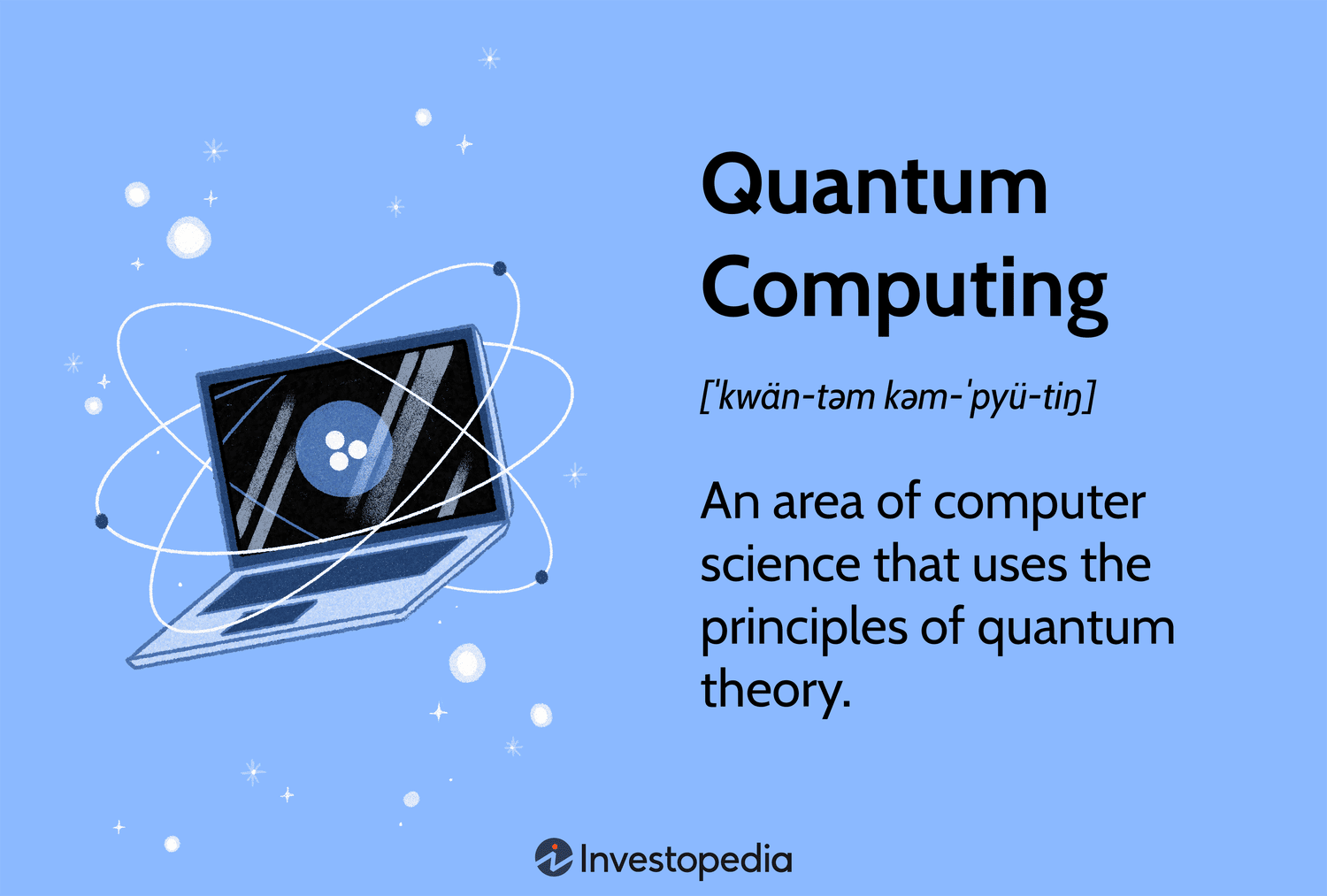DeepSeek vs ChatGPT: My After-Hours AI Companion Showdown
- Published On

Inhoudsopgave
The clock strikes 3 AM. My desk lamp casts warm light on cold coffee as I stare at yet another coding problem. This is when I've learned the true colors of AI companions reveal themselves. Let me tell you about the night I became a reluctant judge between DeepSeek and ChatGPT.
Remember that friend who always has textbook answers versus the one who tells stories? That's how these two AI helpers feel in my bleary-eyed experience. DeepSeek often surprises me with solutions before I finish typing - like that time it auto-suggested a Python script structure while I was still mumbling about pandas dataframes. ChatGPT? It once described error messages as "digital breadcrumbs left by frustrated code gremlins." Charming, but did I need the folklore lesson at 4 AM?

Security-wise, it's like comparing a vault to a glass house. Last month when working on medical data analysis (don't worry, fully anonymized!), DeepSeek's local compliance features felt like having a digital bouncer checking IDs. Meanwhile, ChatGPT's recent memory update makes me wonder - is my midnight rambling about startup ideas becoming training material? You tell me.

To understand this better, here is a comparison table of some of these features:
| Feature | DeepSeek | ChatGPT |
|---|---|---|
| AI Response Style | Direct, Solution-oriented | Creative, Storytelling |
| Security/Compliance | Local compliance features | Memory considerations |
| Voice Feature | Sci-fi documentary style | Campfire story style |
| Offline Capabilities | Offline support available | Requires active internet |
The voice feature test was revealing. Asking both to explain quantum computing felt like two different dinner guests. DeepSeek's crisp delivery could've narrated a sci-fi documentary, complete with pause-for-effect moments. ChatGPT spun it into a campfire story about Schrödinger's very confused cat. Helpful? Absolutely. Professional? Well...

Here's the kicker though - when my VPN crashed during critical research, DeepSeek's offline capabilities became my lifeline. Yet I still find myself returning to ChatGPT's creative sparks for marketing copy. Maybe the real winner is knowing when to use which tool. After all, even we humans have different hats for different situations, right?
Next time you're burning the midnight oil, ask yourself: Do I want a Swiss Army knife or a specialized tool? A strict tutor or a brainstorming buddy? The answer might change with every blinking cursor in the dark. What's your after-hours AI companion story?
Frequently Asked Questions
1.What are related searches?
Related searches are search queries related to the keyword you type into a search engine. They are usually displayed at the bottom of the Search Engine Results Page (SERP). These suggestions are generated based on the search engine's algorithm that identifies terms commonly searched along with the primary keyword.
2.How can related searches be used for keyword research and SEO?
Related searches provide valuable insights into the keywords and phrases that users are actually searching for. This information can be used to: Discover additional keywords to target in your SEO strategy. Optimize content to cover a broader range of search queries, thus improving the chances of ranking higher on SERPs. Understand user intent and create more relevant and comprehensive content for your audience.
3.How can related searches be integrated into content pages?
Related searches can be displayed on your content pages through tools such as Google AdSense's related content feature. This feature shows users search terms related to the content of the page they are viewing. When a user clicks a related search term, they are taken to a search results page on your site, helping retain user engagement and potentially increasing page views.
4.Can you provide examples of related searches?
For example, if someone searches for “yoga for beginners,” related searches might include “easy yoga poses,” “yoga benefits for beginners,” or “yoga classes for beginners.” Another example is if you search "beard oil," related searches might include terms like "best beard oil," "how to use beard oil," and "beard oil benefits."